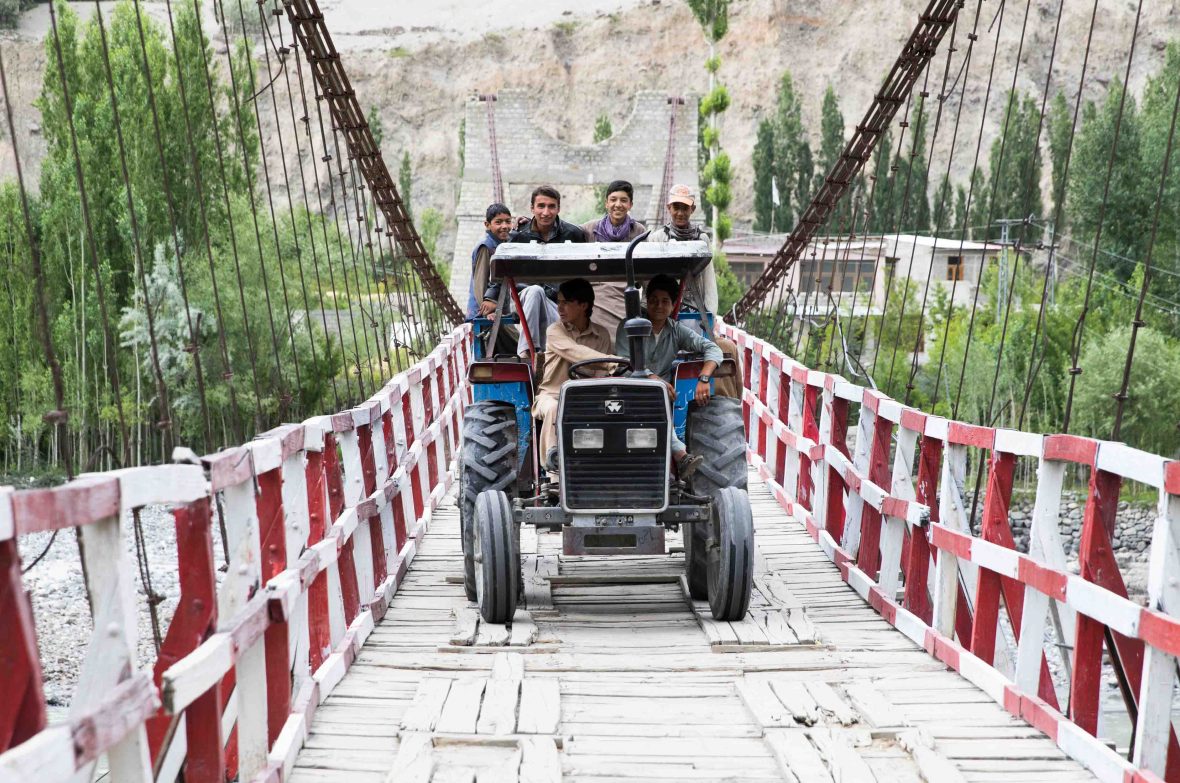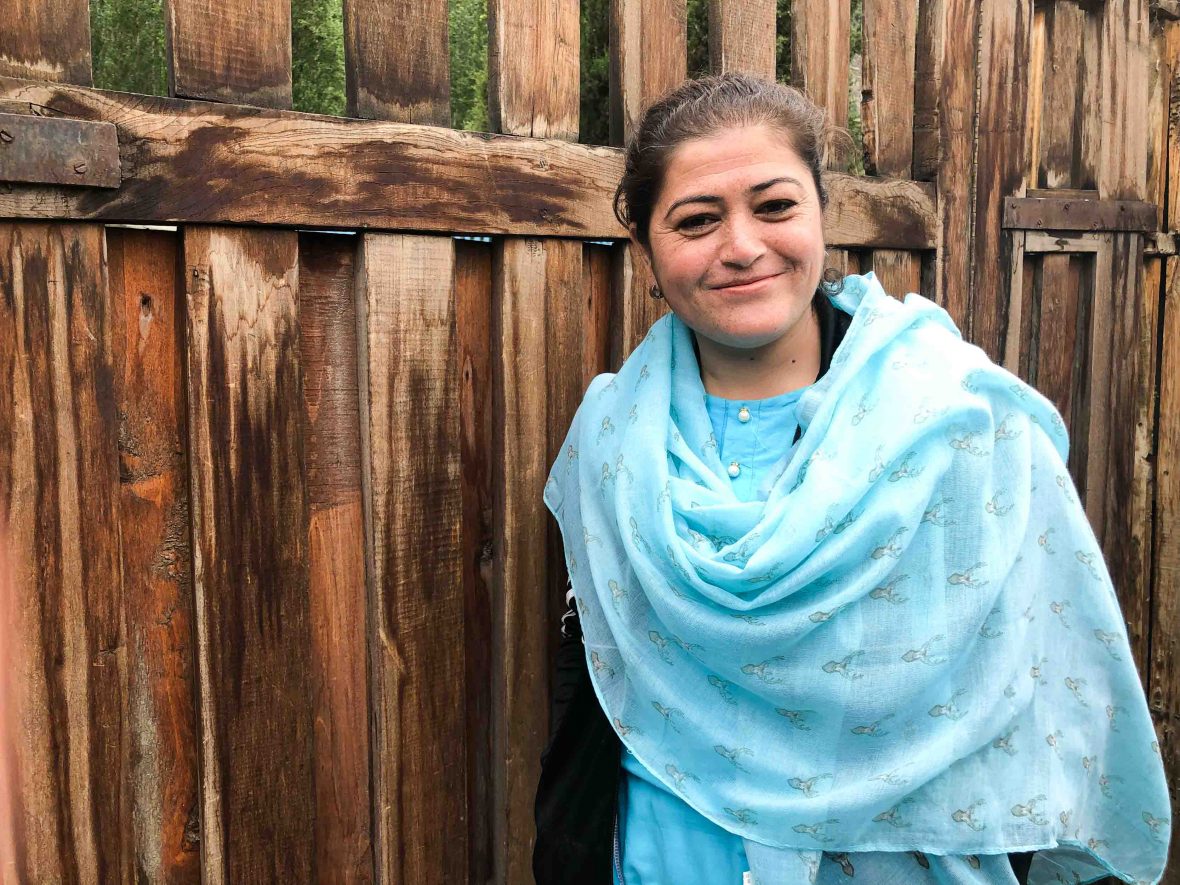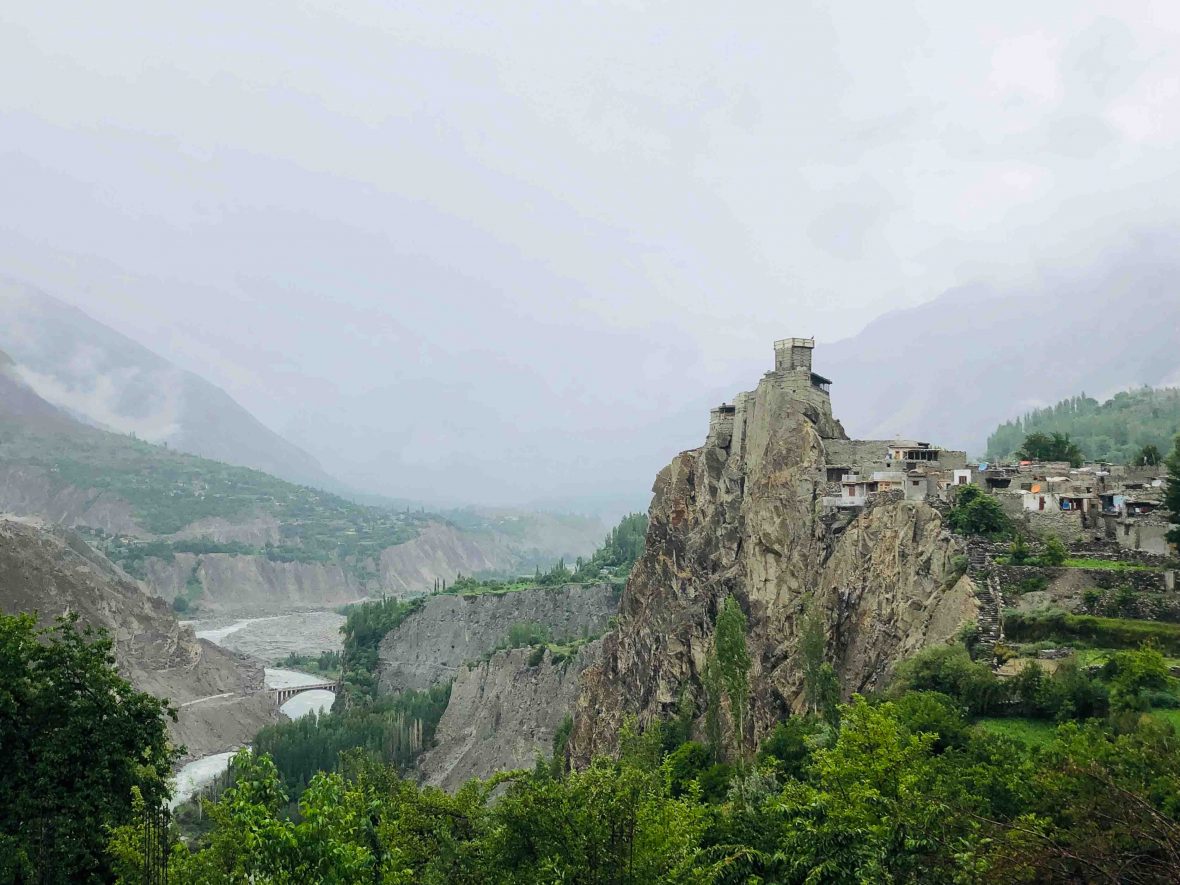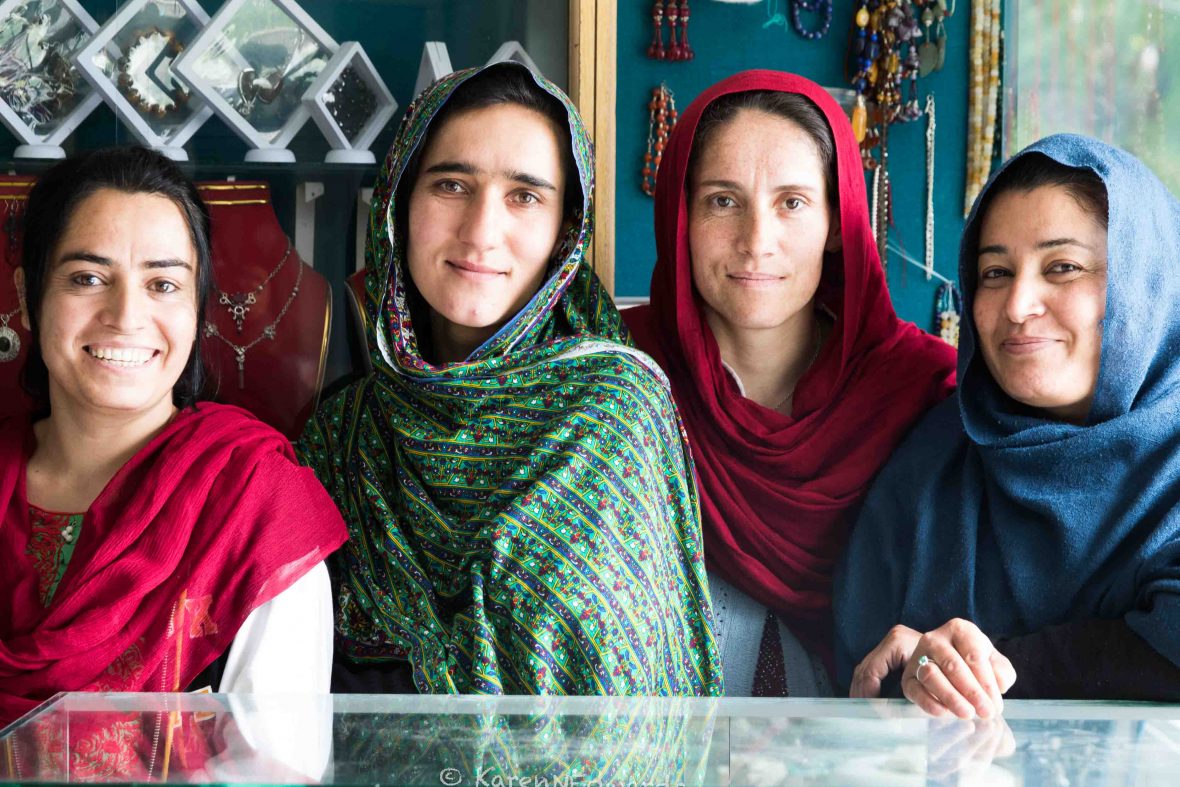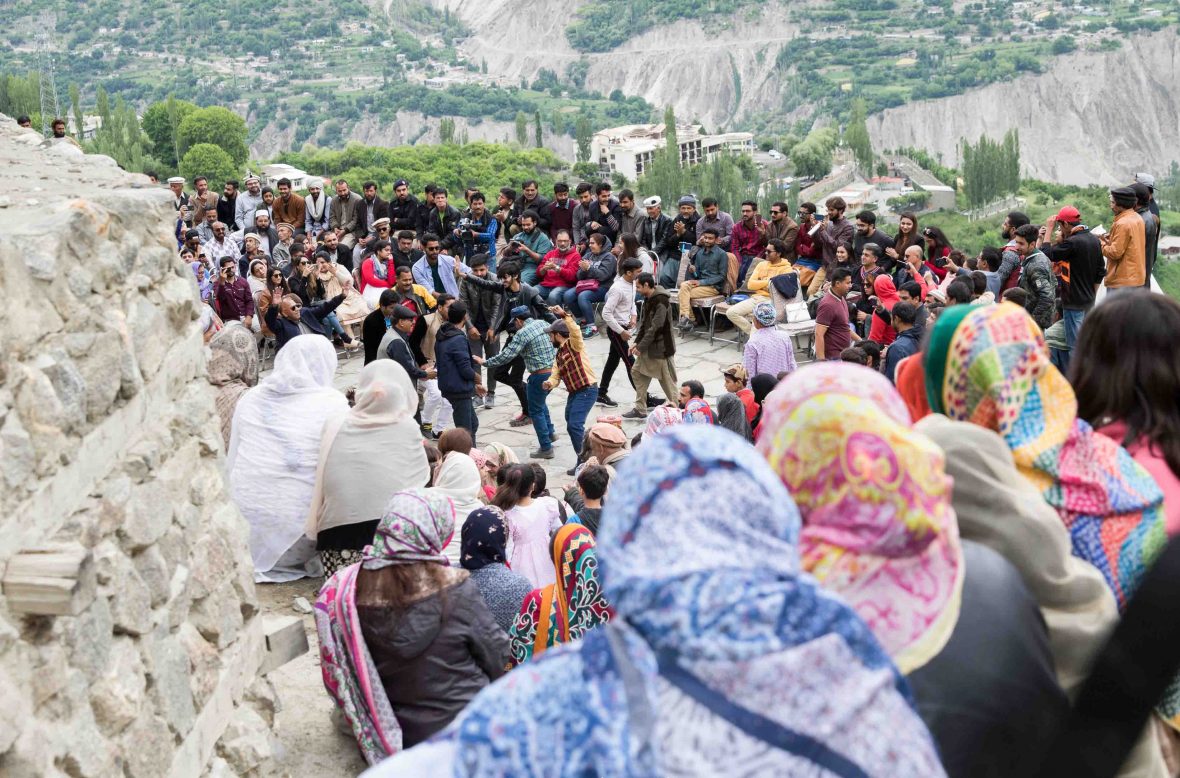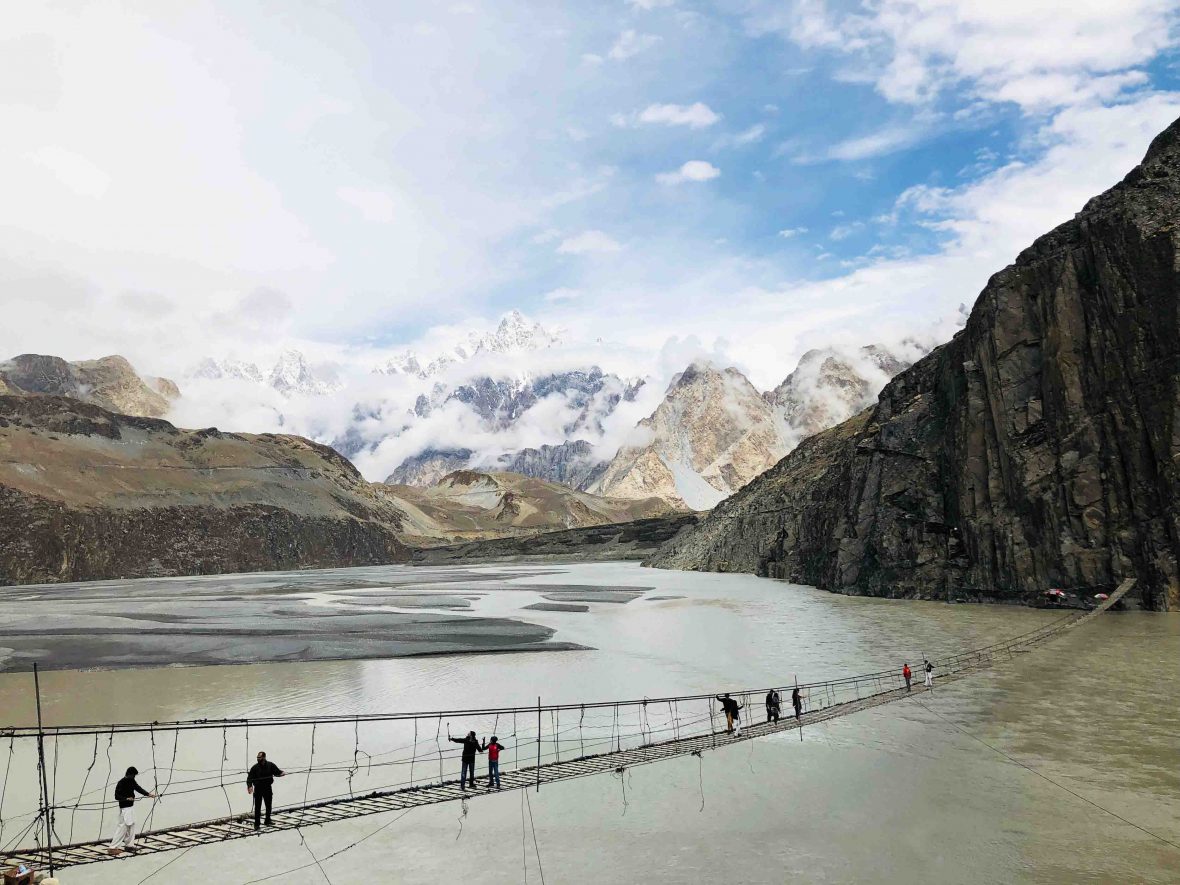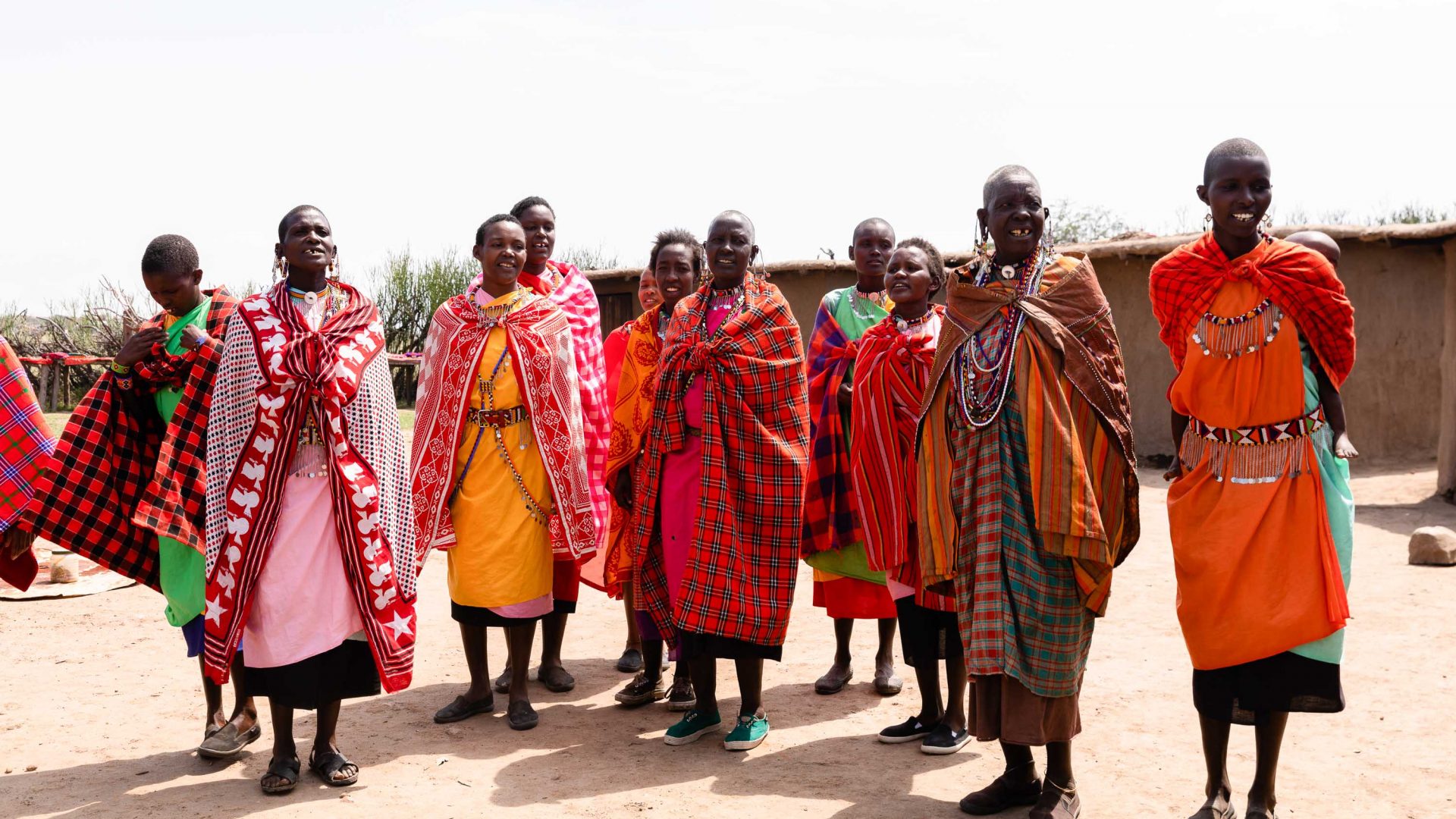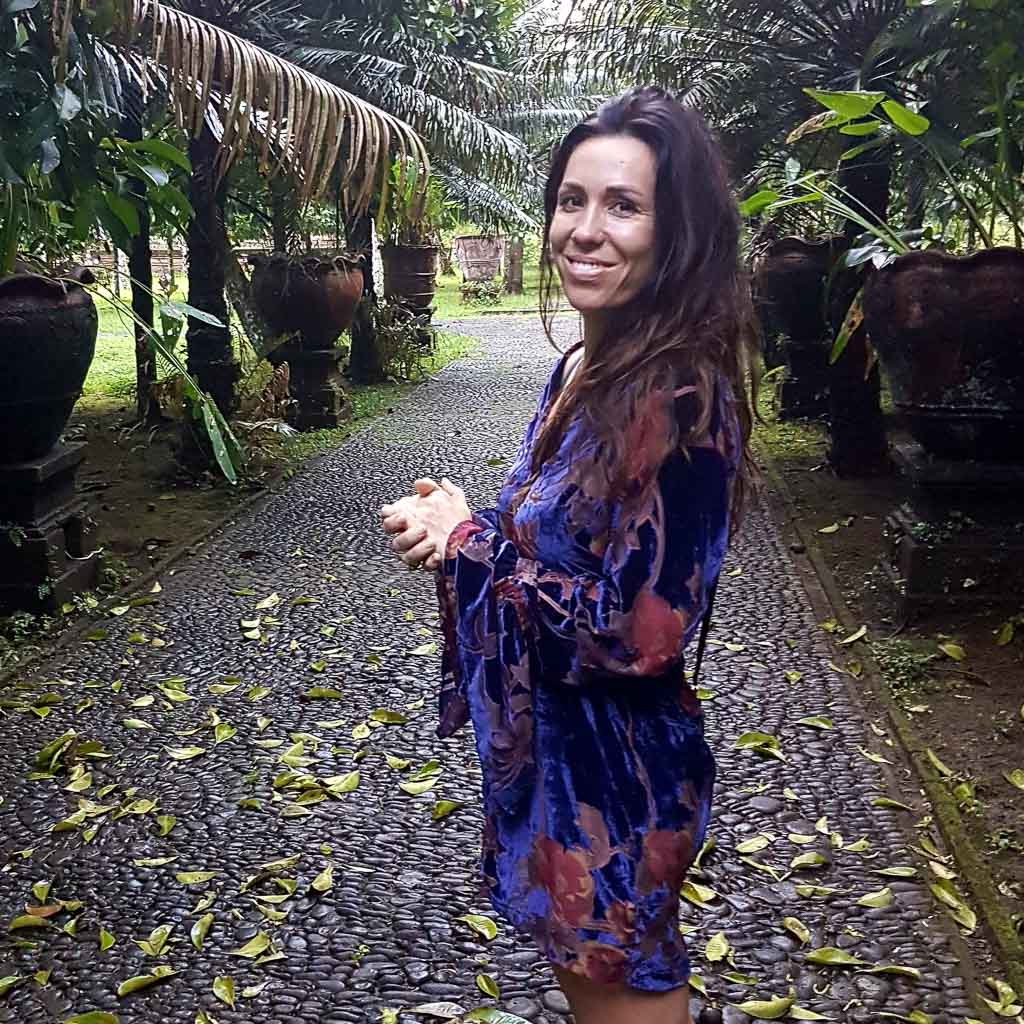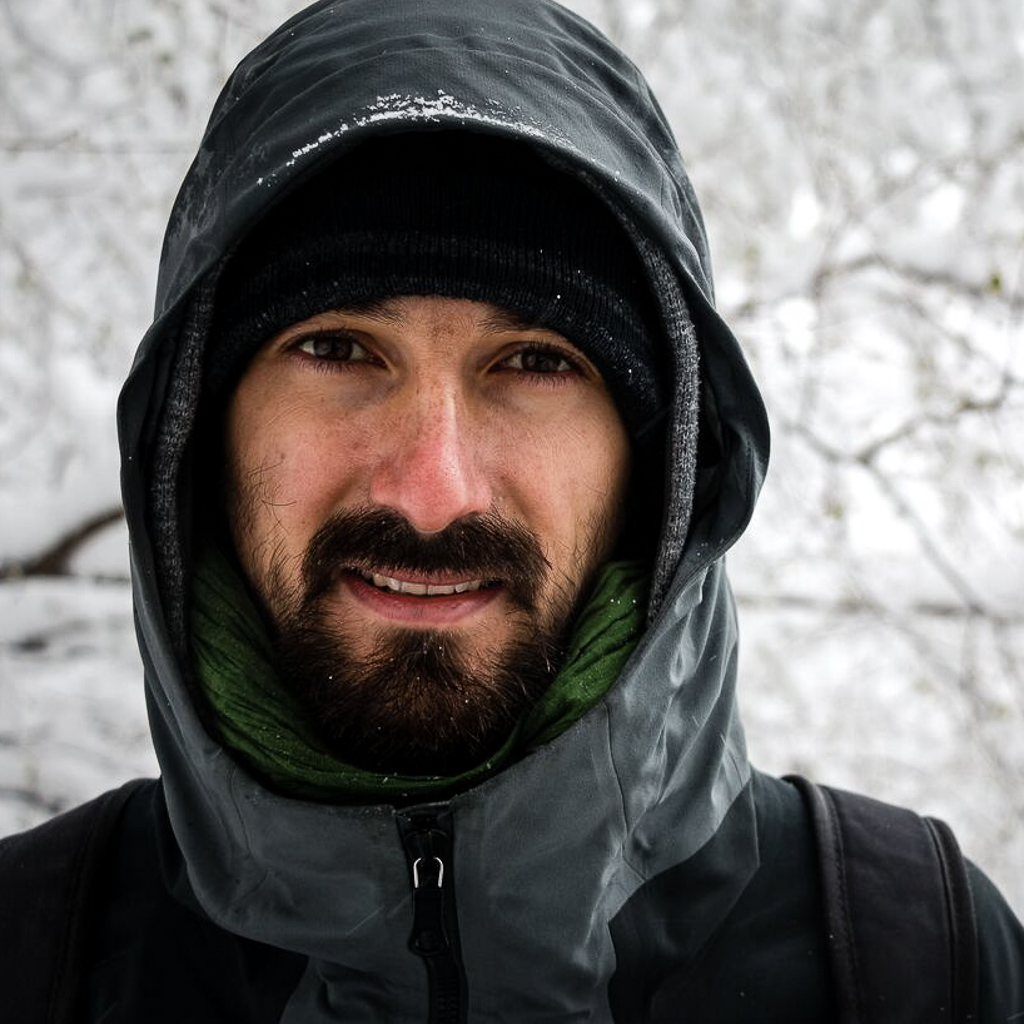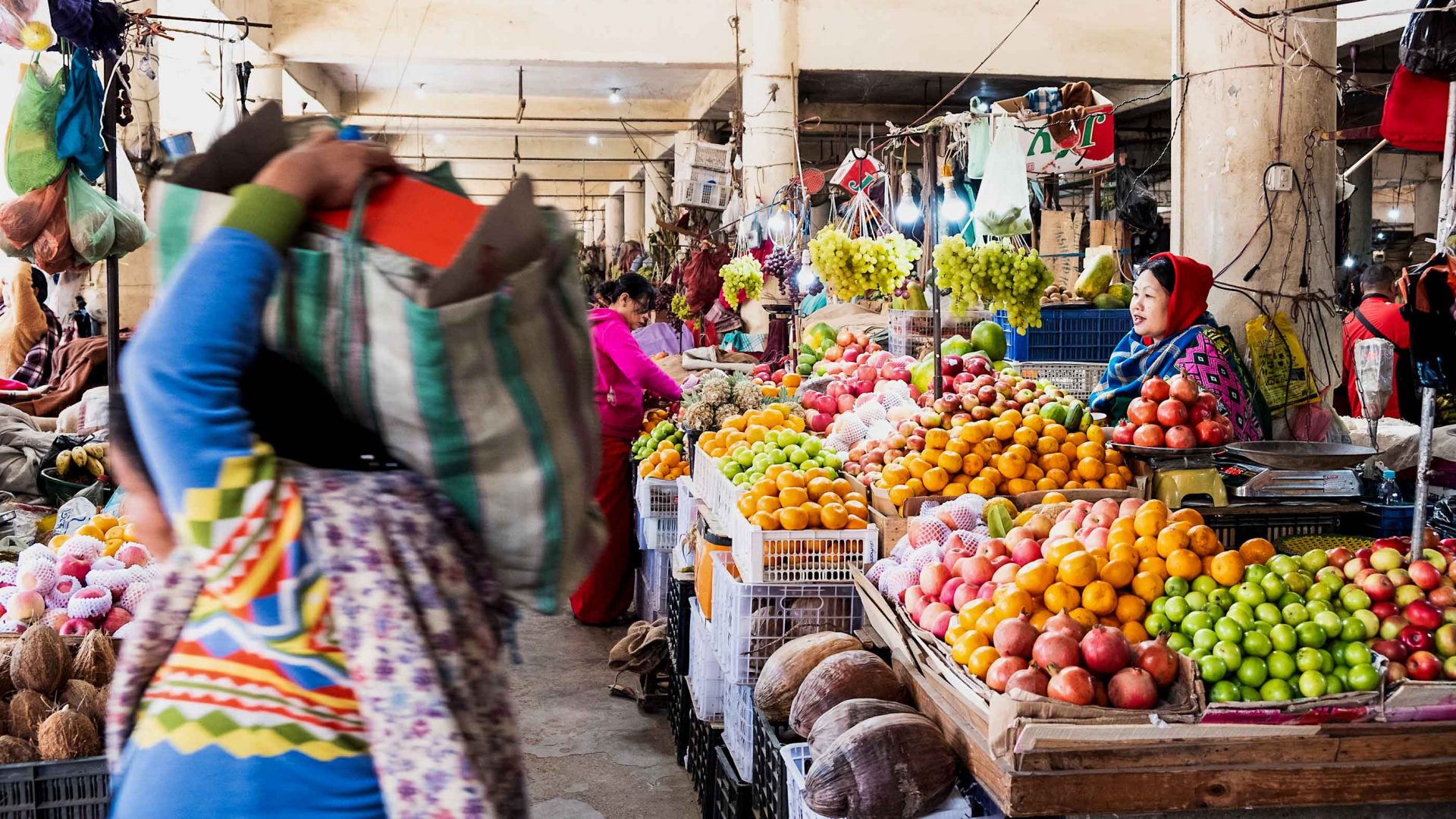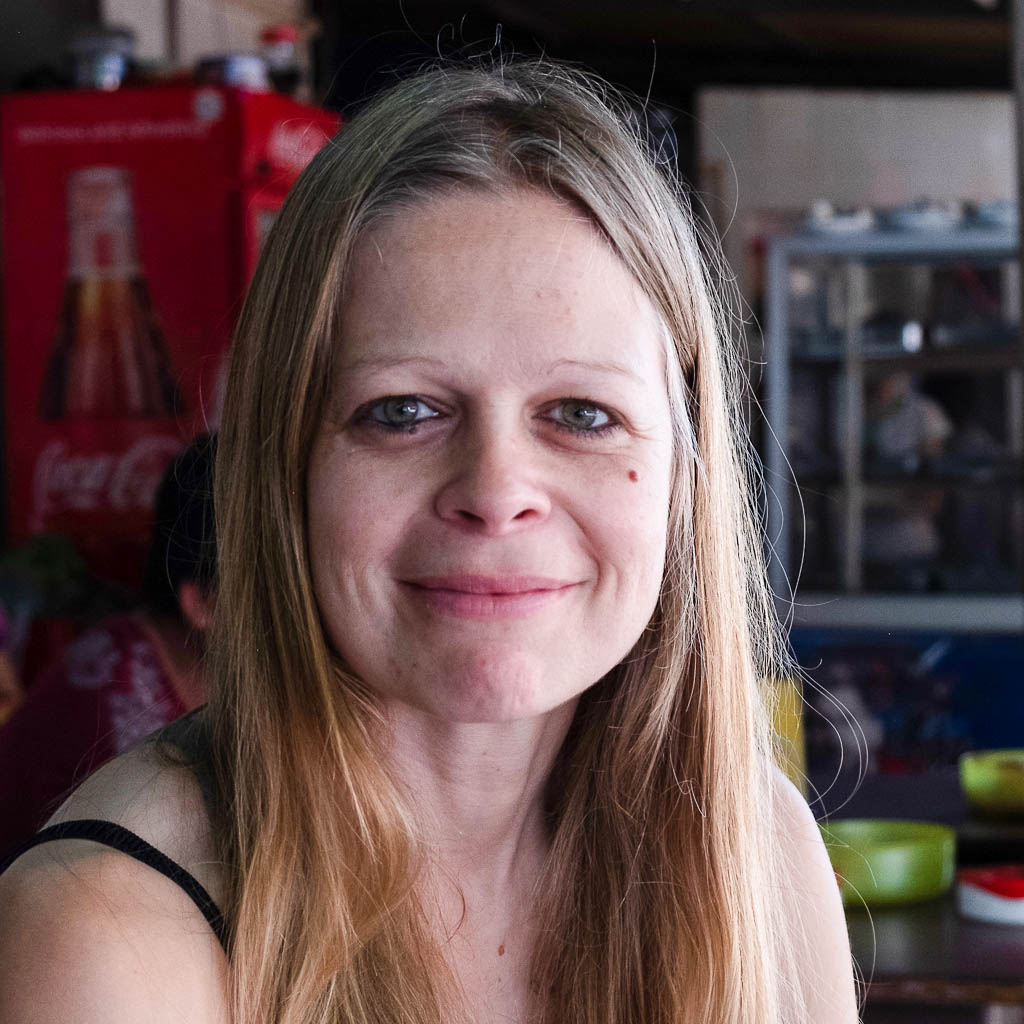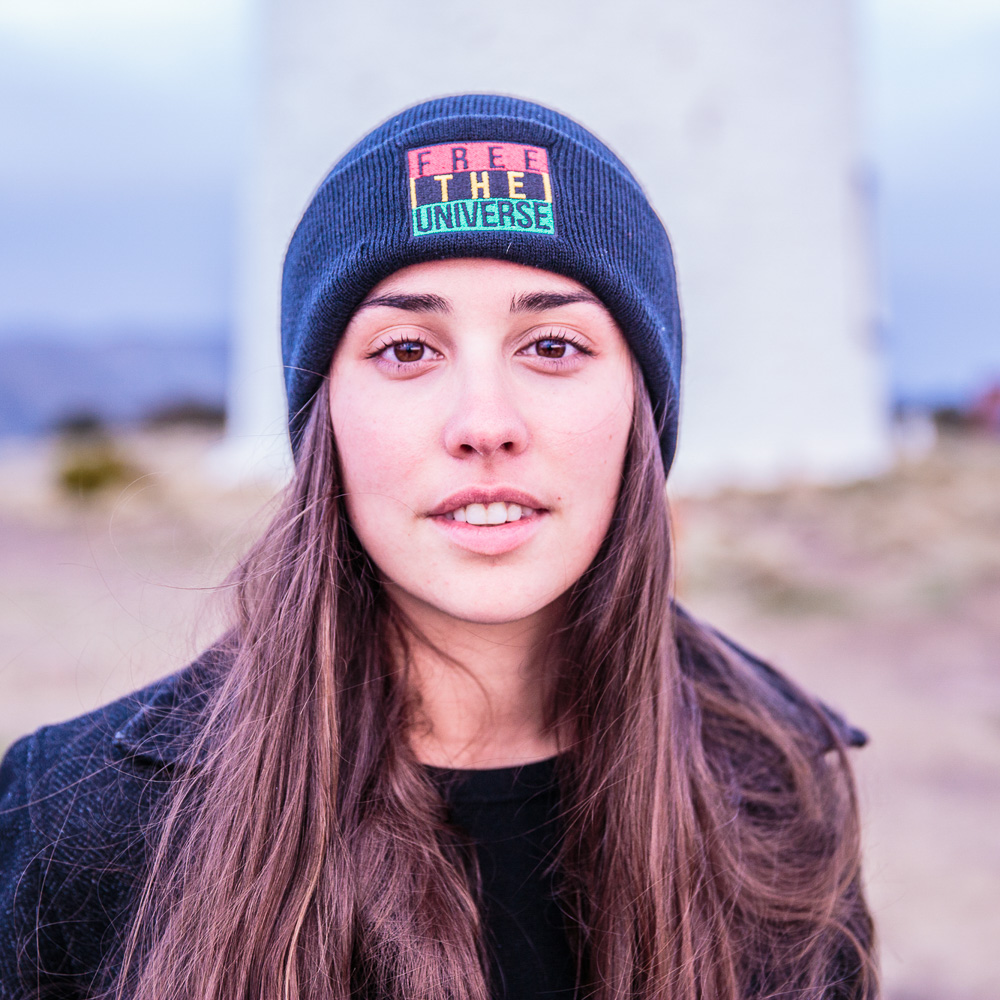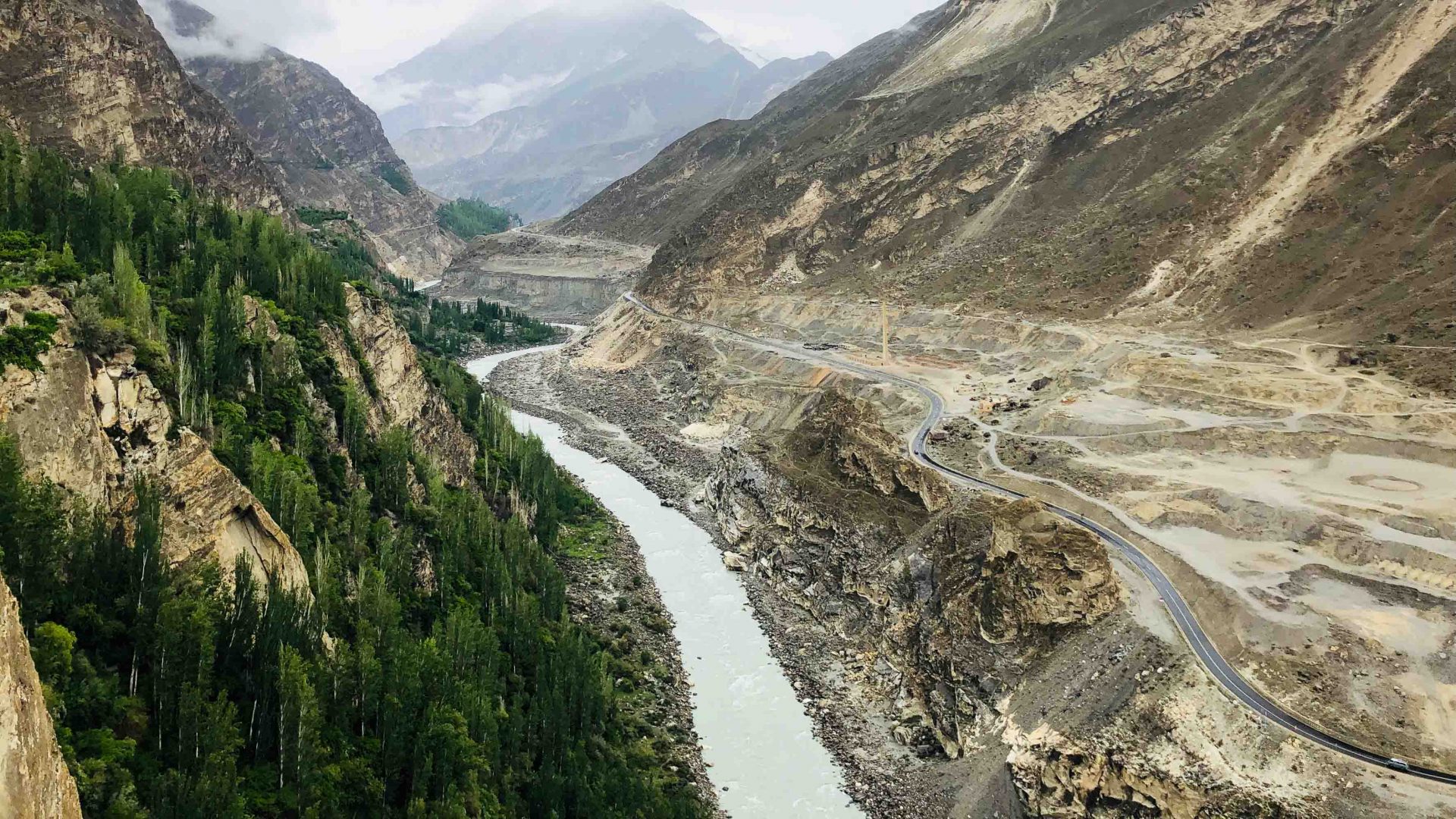
Eighteen years ago, a small group of women from the Hunza Valley joined a training programme that would teach them basic carpentry skills. Unbeknown to them, they’d soon become the leaders of an equality movement that would change the lives of thousands of Pakistani women.
As the sun dips beneath the horizon in the Upper Hunza Valley, Bibi Amina is finishing work for the day. Pulling a pale blue scarf over her hair, she stands at the entrance to her workshop, taking in her surroundings and inhaling the mountain air. It is early summer, and in this small village called Altit, the streets are lush with cherry trees and magnolia blossom. In the distance, the pinks and purples of sunset decorate a dusky sky, and the snow-covered Karakoram peaks glisten under the last remaining traces of light.
My journey in Pakistan starts in Skardu, where I meet my tour guide Salah Uddin for a two-week exploratory trip of Hunza. From here, we embark on what would be a near 200-mile journey along the winding Karakoram Highway.
For much of the journey, the unfinished road is a single-vehicle pass etched into the towering cliffs of the Karakorams. Snaking below us is the Hunza River, gushing in places and idle in others. For the most part, there is no fence or barrier lining the eight-meter drop and I find myself constantly peering over the edge—in both exhilaration and fear. A few heart-stopping moments, when attempting to pass an oncoming truck, only add to the adventure.


